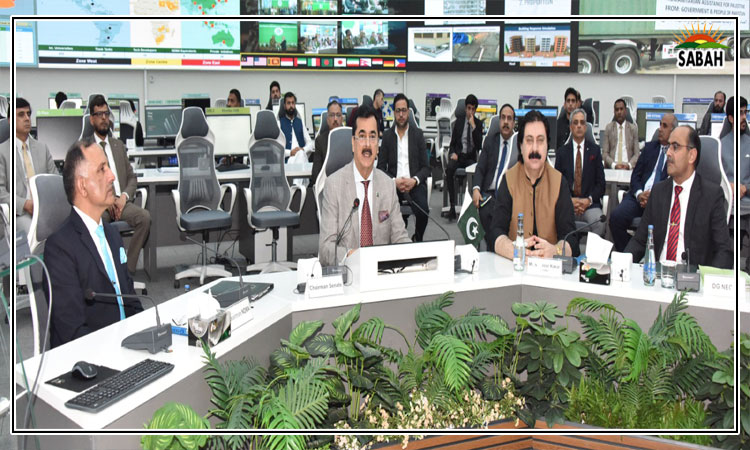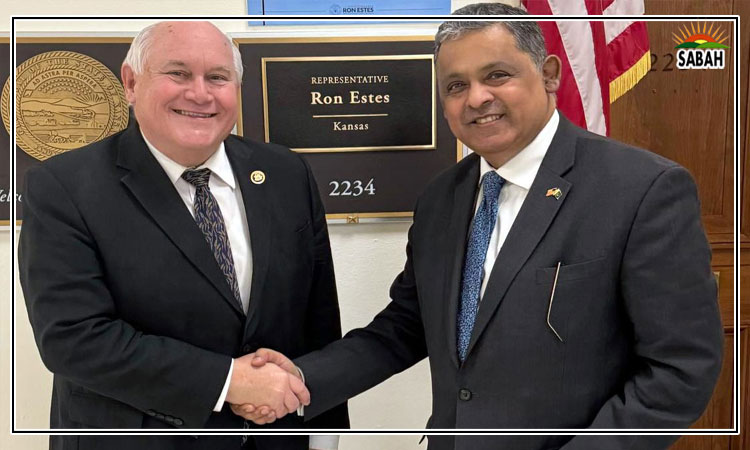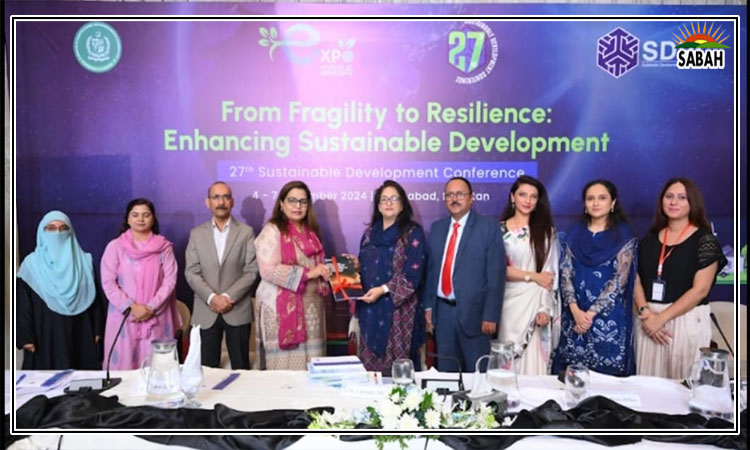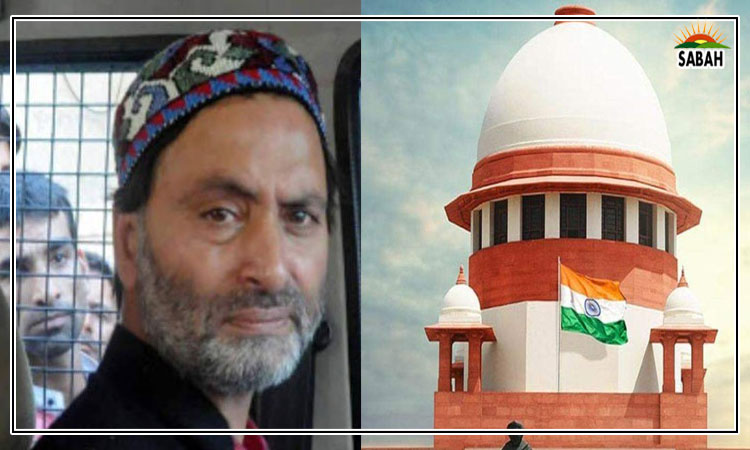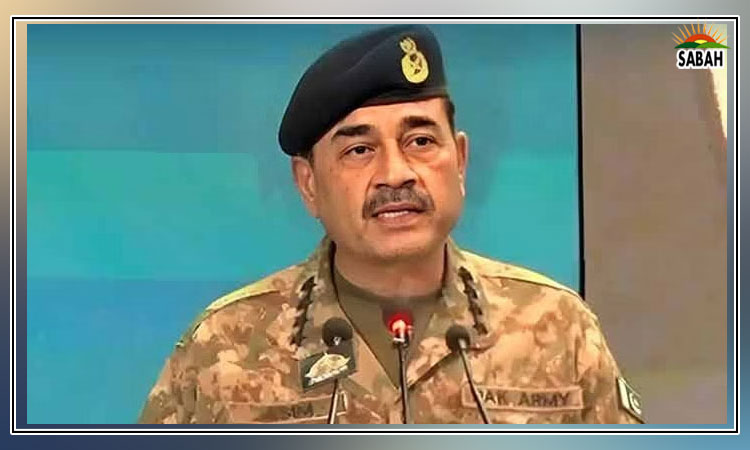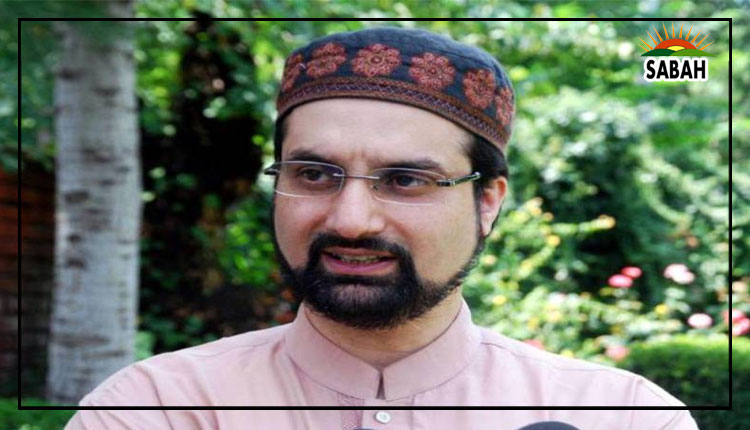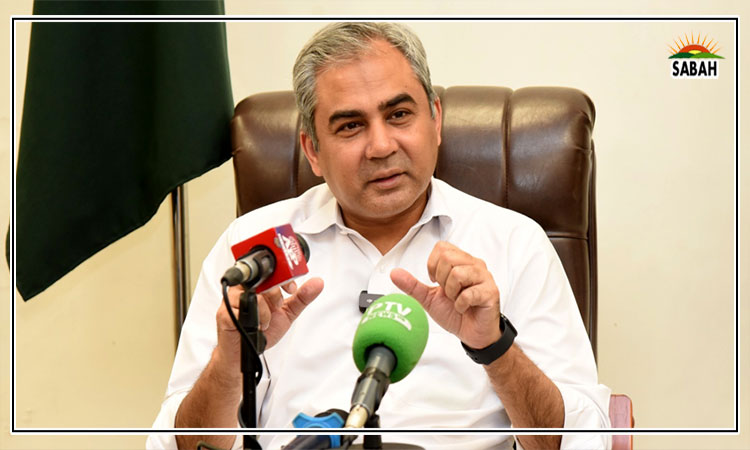The road ahead….Farhan Bokhari
Amid the latest resurgence of extremism across Pakistan, the countrys political elite have chosen to defy a powerful reality. The ongoing daily battles between the ruling camp led by Prime Minister Shehbaz Sharif and the opposition led by Imran Khan, have badly exposed their combined failure to focus on worsening trends across the very reality Pakistan that gave them political power in the first place.
A raging economic crisis alongside ongoing bloodshed in terror attacks together remind Pakistanis every day of the terrible headwinds facing their country.
The disconnect between politicians and the reality across Pakistan has only deepened the political divide between the rulers and the ruled or indeed the class in power versus the dispossessed.
As Pakistan enters 2023 with a large part of its flood stricken population more dispossessed than before, the efficacy of the ruling structure has been left further tattered than a year ago. While Pakistan prepares for its next conference with international donors in early January to seek funds for flood relief, trends on the ground present a dismal picture.
Events following the 2005 earthquake in northern Pakistan and Azad Kashmir that took more than 70,000 saw an enthusiastic public remain engaged with that cause for at least a year thereafter.
In sharp contrast today, the lukewarm public enthusiasm driven by signs of popular scepticism over how much of the money will end up where its meant to go, speaks volumes over a growing disconnect between the public and the elite.
Going forward, Pakistan needs a decisive push on two equally vital fronts to begin tackling the crisis. First, the battle against militancy has both external and internal dynamics. On the external front, Afghanistan must not be permitted to allow safe sanctuary to those who are behind the attacks on Pakistans soil. As time has proven beyond doubt, appeasement towards the TTP through repeated peace initiatives from Islamabad, has never been successful.
In fact, such windows have given opportunities to the TTP and its cadres of militants to regroup, retrain and reequip for the next round of bloodshed. Within Pakistan, it is essential to treat the headwinds from Afghanistan as nothing short of a national emergency.
In response, any group or individuals in Pakistan showing even the mildest form of support for militant groups in Afghanistan must be treated as enemies of the state and punished accordingly. A national response must urgently tackle the many gaps in Pakistans internal security, policing and governance mechanisms to meet the challenge.
Second, Pakistans ongoing economic slippages pose a major potential risk to the countrys national security. It is an area which is neither fully acknowledged by key members of the ruling structure nor figure more than for point scoring among rival politicians. Tragically, Finance Minister Ishaq Dars apparent push to take Pakistan through the next elections without harsh reforms under an IMF programme has amplified the danger.
Never before has Pakistan been exposed to economic slippages of the kind seen this year. Delivered amidst fanfare, Dars promise of appreciating the rupee to an exchange rate of Rs200 to a US dollar has failed. But the finance ministers contempt of the IMF, spoken publicly in early December, was not in sync with Pakistans powerful reality. Instead those remarks smacked of the worst kind of naivete only suited to times long gone by. Irrespective of the winners and losers in the next elections, Pakistan stands only to lose if its present-day rulers fail to change course.
It is hardly surprising that the recent gossip across Pakistans political corridors has centered around handing over charge of the country to a group of well-intentioned technocrats to rule for the next few years. The idea, though tempting, is also riddled with many complications.
For instance, irrespective of the convincing nature of a neat reform agenda, how far will a team of ruling technocrats progress without political legitimacy? And without legitimacy, would it be possible for future reforms under a technocratic government to survive once Pakistan returns to rule by an elected government?
Even if such compelling questions are successfully answered, the road ahead is set to be marked with tough challenges never seen before in Pakistans history. For long-term watchers of Pakistan, the task ahead may be comparable to the birth of the country more than 75 years ago under unusually adverse circumstances.
But equally profound is the glaring failure of Pakistans present-day rulers and their opponents to lay down a clear path to the future with evidence of tackling unprecedented challenges. Unlike 1947, when Pakistans creation was led by its towering founding fathers, the leadership today across the political divide appears to have no clue on how to rebuild the country.
Courtesy The News



